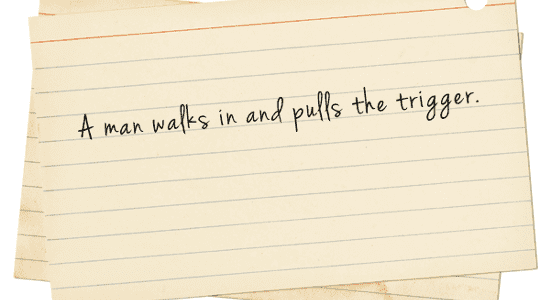
Don’t think with your heart. Though your heart is powerful, it does not think for itself. Don’t listen to your heart. For all you will hear is a dull muffled rhythm. Don’t trust your heart. When your heart is overwhelmed with things, it will surely fail on you. Think with your brain, not with your heart. Your brain is at the top for a reason. The brain is capable of thinking for itself, It closes itself to the irrelevant words of others, And opens itself to the beneficial. The brain does not produce a dull muffled rhythm, It produces a knowledge called common sense Knowledge that will save you when you decide to think with your heart.




